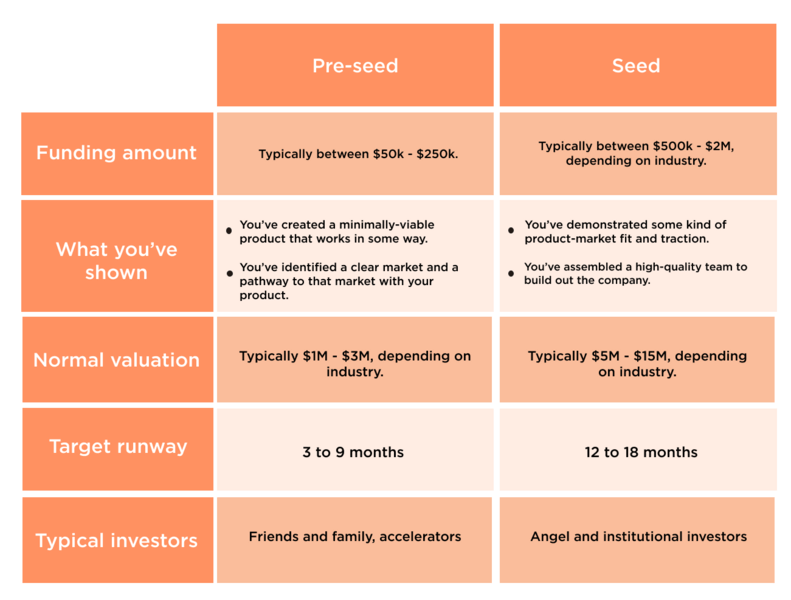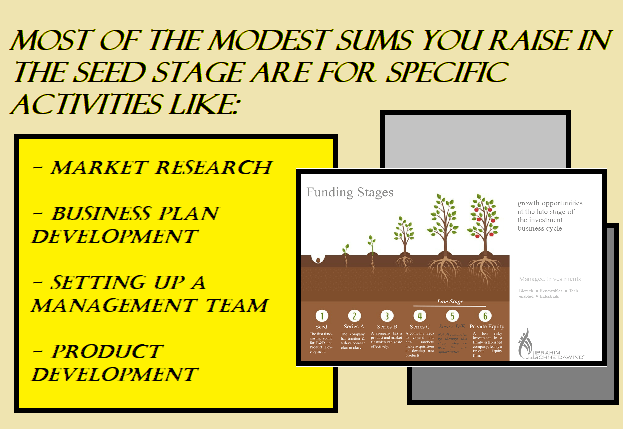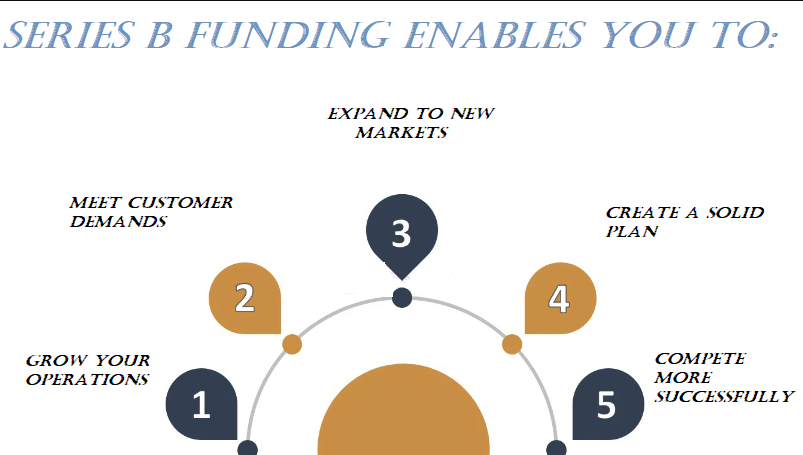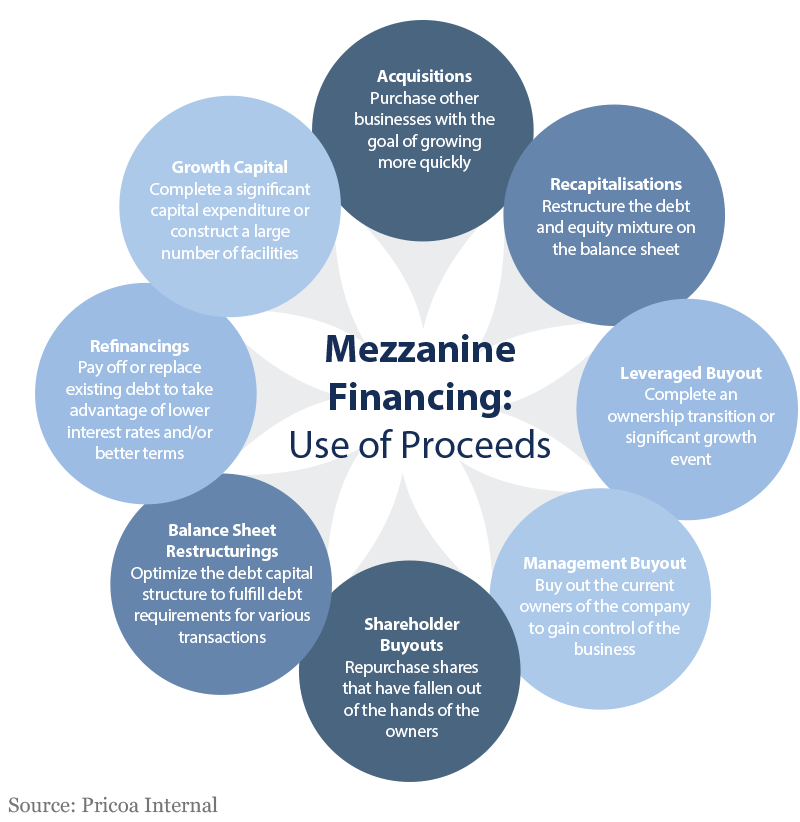What is Early-Stage Venture Capital?

It is straightforward to define early-stage capital or early-stage company.
Early-stage companies can be represented as purifying the services model, experimenting with the prototypes, and composing and sharing the business plan.

Early-stage capital might be produced in some early-stage startups, but eventually, in the longer run, these are not profitable with as much money they should be.
An early-stage company, in other words, has a new business and model that is newly developed to handle at least one market pain point.
The above statement signifies that the above company's life is not mature enough but is at the first step, "the startup phase".
Venture Capital or VC is a format of private equity and a class of financing provided by investors to small startup businesses and companies that are considered to maintain long-term growth potential.
Typically, Venture Capitalists seek a good return on their investments which can be in the form of an IPO or an asset of the company by a more extensive firm.
What is the difference between an Early-Stage and a Late-Stage Company?
Companies on Eary stage and those in the late stage are not equal, of course! Early-stage companies typically focus on custom acquisition, and early-stage companies generate early-stage revenue. They are also curious about handling additional funds from institutional investors.
These steps allow early-stage investing for further business development and customer acquisition. It can be considered a step-by-step procedure as companies jump from carrying a few customers to maintaining a reliable customer base. As early stage investments many businesses can have tools but may require fine-tuning operations as they grow and discover.

Late-stage startups will be extended past the early-stage funding rounds as we move according to the provided sets indicating that the pre-seed, first-seed round, and A series are complete. It signifies that you have proven that you have a practical concept, identified your market space very clearly, and have shown the stats of market traction towards your service or product.
Venture Capital In The Hosting Market:
VCs are interested in investing in Hosting companies as this field usually holds a vast customer base and feeds a very high growth well-margin business.
Hosting companies also demand relatively fewer capital investments as compared to other businesses.
Conversely, VC can be a prominent mode for hosting companies to obtain the capital they need for growth. It also delivers professional advice and guidance, which can be valuable to young businesses.
It also refers to the investment of money into hosting companies, and this capital can be utilized for funding of new companies and further infrastructures needed to assemble hosting services.
How does Venture Capital work in hosting companies?
VC firms typically invest in hosting companies expecting a good return on their investment. They seek hosting companies with a good history of success and are well-placed for future growth.
Companies with solid leadership and well-managed staff are also under the search umbrella of VCs.
In the equity exchange, Venture Capital investments are signed. It signifies that the investor will get a portion of the company's share in exchange for their money.
Stages of Venture Capital:
All investors, like VCs and other investors, make it possible for entrepreneurs with little or no operating history to secure their funds for launching their businesses
Taking the risk of investing in unproven and unknown startups, investors accept equity stakes by thinking that they will get significant returns if companies become successful.

When you take VC funding, you must get guidance from experienced entrepreneurs to improve your success chance.
These firms often expect a seat on the board and value in decision-making.
There are five stages of Venture Capital, along with two supplementary stages that occur after and before VC funding rounds.
1. The pre-seed stage

VCs require funding before getting ready to invest in ventures or to get them in their early stages. It is time to initiate a product, new service model, or prototype for the test.
It is doubtful nowadays that VCs will contribute or propose money in exchange. You can initiate by developing a profitable business strategy and developmental growth plans for your business.
Many entrepreneurs look at other entrepreneurs throughout the early stage of business based on their experiences to support them.
Throughout the pre-seed stage, you can start winning a business plan and model for creating an achievable company using this advice.
In the long run, if the issues with your company become unconquerable, no investor will provide funds to a startup facing open legal questions.
Common investors at this stage are:
-
Micro VCs or Early stage funds
-
Family and friends
-
Startup founders
2. The seed stage
In this stage, the company has an extent of experience and can demonstrate the possibility of developing a vibrant company. Now you need a pitch deck to prove to VCs that your plan is a durable investment opportunity.
Modest sums you raise in the seed stage are bound to specific activities like:
-
Market research
-
Business plan development
-
Setting up a management team
-
Product development

The main aim is to provide and secure ample funding to prove the future investors that you have gained the capacity to scale and grow.
An investor from the VC firm will typically demand a seat on the board to look for operations and ensure that activities are moving on accordingly. The seed stage will often pitch additional investment rounds to help you grow.
VCs are taking much risk at this early stage investors, which could be expensive. To secure the investment, he may demand equity to secure the investment.
The most common investors at this stage are:
-
Startup owner;
-
Friends and family
-
Angel investors
-
Early venture capital
3. The Series A stage:
The "Series A" stage is the first round of venture capital financing. Your company, at this stage, is done with the executable plan regarding business and has a pitch deck product market fit.

Now you are required to
-
Fine-tune your product or service;
-
Boost your workforce
-
Execute additional research required to endow your launch
-
Expand the funds ought to accomplish your plan and attract further investors
In stage "series A," you must develop a solid plan to generate long-term profits.
Angel investors and traditional venture capital firms are the primary sources of Series A funding. However, corporate VC funds and family offices in the relative sector are available sources for funding.
These particular investors are more interested in startups with strong leaders and business strategies to work on it to lessen the risk of failed investments.
At this stage, ordinary investors are:
-
Accelerators
-
Super angel investors
-
Venture capitalists
-
Corporate venture capital funds
-
Family offices
4. The Series B stage:
Your company is prepared to scale at this stage, and venture capital supports early growth funding for product manufacturing, sale, and marketing operations.
You will need a more significant capital investment for your company's next growth stage. Funding for series B is quite different from Series A. Investors get confident when they see a good performance.
Family offices, VCs, and corporate VCs provide funding specializing in series B to sponsor well-established startups.
They provide funds needed to start up, to form operational teams like customer service, sales, and marketing and to grow markets.
Funding in Series B allows you to:
-
Grow your operations
-
Meet customer demands
-
Expand to new markets
-
create a solid plan
-
Compete more successfully;

The considerable investors at this stage are:
-
Venture capitalists
-
Corporate venture capital funds
-
Family offices
-
Late stage VCs
5. The expansion stage or Series C
When you reach the funding stage of series C, you are going right on the way to growing. Success and incremental funding at later stages will support you in reaching new markets, building new products, and acquiring other startups.
You typically need 2 to 3 years to reach this stage as your company grows as well as you are delivering consistent profitability and exponential growth.
It would be best if you were well-established with a solid consumer base to receive Series C and successive funding.
You also need
-
Steady revenue stream
-
Account of growth
-
Lust to expand globally
Inversoter is keener to invest in a company at the Series C stage as proven success means that they have less risk. At this stage, private equity, Investment banks, Hedge funds, and other traditional VC firms are more enthusiastic about investing.
Familiar investors at this stage are:
-
Late-stage VCs
-
Private equity firms
-
Hedge funds
-
Banks
-
Corporate venture capital funds
-
Family offices
6. The mezzanine stage
The final stage of venture capital holds the transition to a liquidity event, either M&A or an exit, by going public. This is the stage of maturity and now requires funding to support at a larger scale.

The bridge or pre-public stage are new phrases that beautifully describe the mezzanine stage. It signifies that your business is an entirely fledge and viable business.
Any investors who have helped you reach this stage of success may choose to sell their shares and earn a meaningful return on their investment.
Leaving the original investors who helped you from the very first day of your journey opens the doors for late-stage investors to get in with a hope of an IPO or boosted sale.
Understanding early-stage companies' challenges:
It is very challenging to receive funding or gain awareness from venture capitalists. There is a vast number of early-stage VC firms or new startups debuting each year. Every early-stage startup stage VC firm is not successful and may experience failure. Still, early-stage companies make action plans ready to challenge past mistakes. For instance, NEA, or New Enterprise Association, is an early-stage VC firm tasked to improve the world through startup investment, particularly in the technology and healthcare industries.
Here are some of the most commonly faced early-stage company challenges:
-
From concept to fact
-
Guaranteeing to fund
-
Satisfying expectations
-
Securing customers
-
Building confidence
-
In the competition
Top Early-Stage VCs:
Early-stage VCs are the most important institutions in the worldwide startup ecosystem. Top early-stage VCs are:
-
New Enterprise Associates
NEA, or New Enterprise Association, is an early-stage VC founded in 1977 and currently based in Menlo Park, California. Investment efforts in businesses related to technology and healthcare industries are the main focus of this company.
-
Amadeus Capital Partners
Founded in 1997, Amadeus Capital Partner is an English early-stage VC firm. This company belongs to Cambridge, England. The technology industry is the key focus of this VC firm which confines things like medical technology, enterprise software, cleantech business service, and many more.
-
Venrock
An American early-stage Venture Capital firm is Venrock. Venrock currently belongs to Palo Alto, California, and was founded in 1969. This company has a long-standing pedigree of supporting innovative companies to take their services and products to the next level. This company has experience working with Intel and Apple, among others.
Investing in Early-Stage - Advantages and Disadvantages:
Many risks and rewards are associated with early-stage funding for startups. This is because the nature of startup investments is quite dissimilar from traditional investments. Before diving into early-stage seed funding, the investor needs to measure all the pros and cons.
Advantages of Investing in Early-Stage Startups
Investors are undoubtedly uncertain regarding investing in alternate startups as there is a significant margin of error, and they can face a considerable loss in terms of business. Moreover, it takes a lot of time to see the return on the investment they have made. Yet, opportunities that the stock market can not favor are offered by investors for investing in early-stage startups.
Disadvantages of Investing in Early-Stage Startups
It is not an obvious fact that the risks of funding early-startup funding as investments are based on statistics. Yet being aware of possible risks can help you make insightful decisions before committing to any investor.
Frequently Asked Questions
What is early-stage venture capital?
Early-stage venture capital is funding provided to startups or companies in their early stages of development, typically before they generate significant revenue or profits. Venture capital firms or angel investors looking to invest in innovative and high-potential companies often provide it.
What is the hosting industry?
The hosting industry refers to businesses that provide web hosting services, which allow individuals and organizations to store their websites and other online content on servers accessible via the internet. Hosting companies may offer various hosting options, including shared hosting, dedicated hosting, cloud hosting, and more.
What types of companies in the hosting industry might receive early-stage venture capital?
Early-stage venture capital might be provided to hosting startups developing new and innovative hosting technologies, platforms, or services or companies looking to expand their offerings or enter new markets.
What are some standard criteria that venture capitalists use to evaluate hosting startups?
Venture capitalists may evaluate hosting startups based on various factors, including their business model, the size of their potential market, the strength of their technology or intellectual property, the quality of their management team, and their ability to generate revenue and achieve profitability.
What are some advantages of receiving early-stage venture capital for hosting startups?
Receiving early-stage venture capital can provide hosting startups with the financial resources they need to develop and launch new products or services, expand their operations, hire new staff, and more. Working with venture capitalists can also provide startups with valuable industry insights, strategic guidance, and connections to potential customers or partners.
Are there any potential downsides to receiving early-stage venture capital for hosting startups?
While receiving early-stage venture capital can provide many benefits, there are also potential downsides. Venture capitalists typically expect a high investment return, which can pressure startups to achieve rapid growth and profitability. Additionally, working with venture capitalists may involve giving up some degree of control over the company and its decision-making processes.









.webp)

